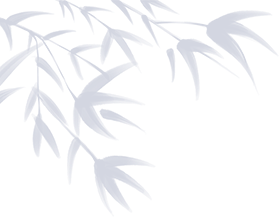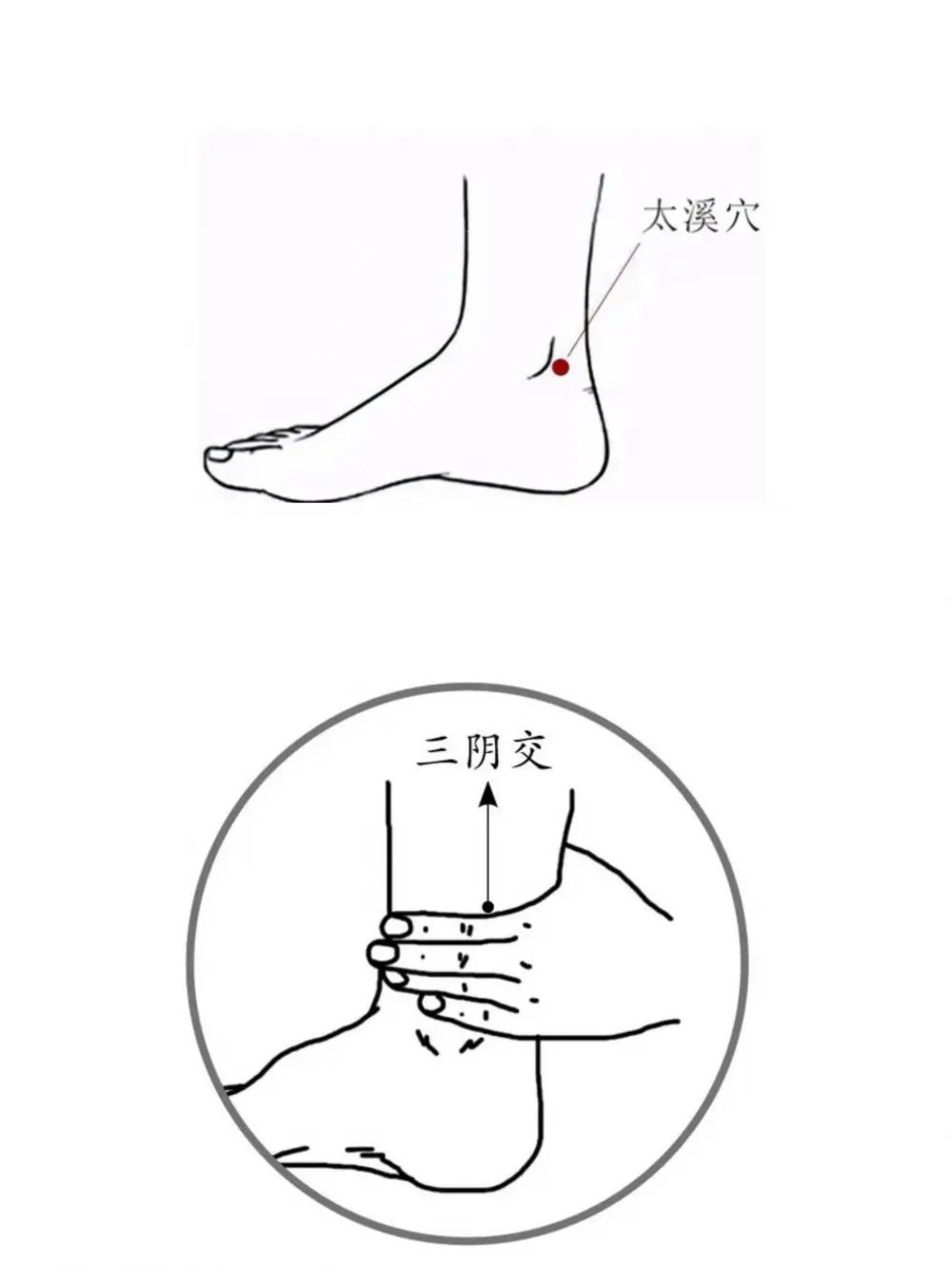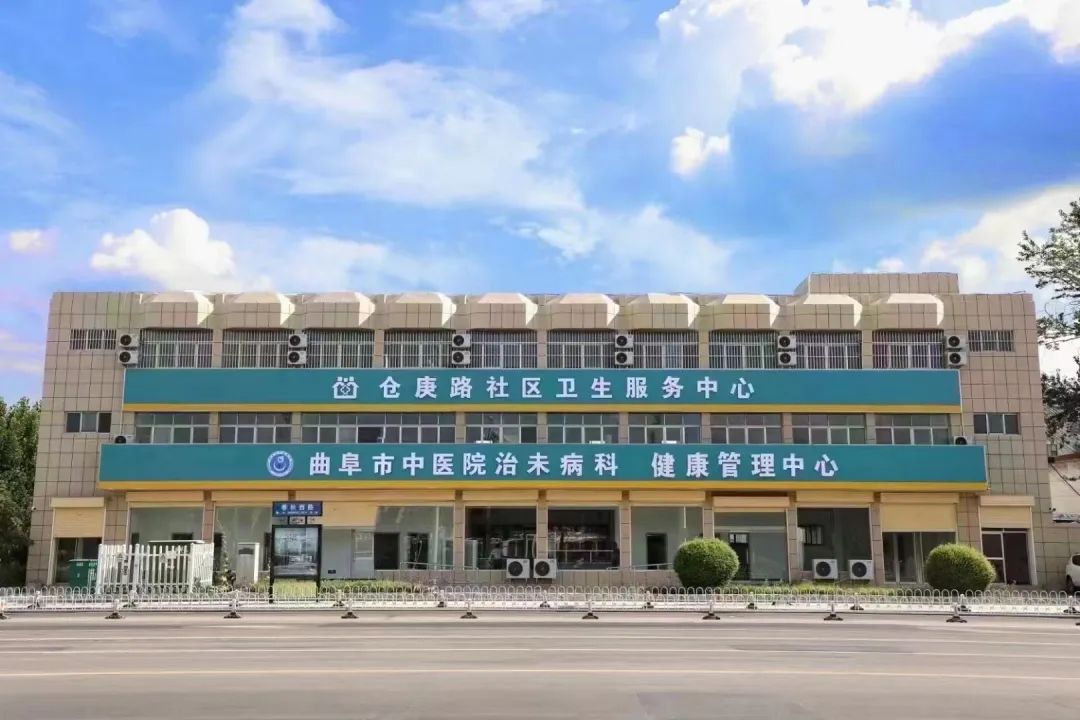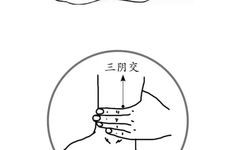

Nourishing Health through TCM
Understanding Yin Deficiency Constitution
Traditional Chinese Medicine (TCM) has a long and rich history.
Comparing Yang deficiency to a lack of sunlight and warmth in the body, Yin deficiency can be likened to a lack of nourishing water. Yin deficiency refers to the deficiency of Yin fluids, which encompass all nourishing fluids in the body, including blood, sweat, and saliva. Yin fluids are like the “spring water” flowing within us, capable of moistening and nourishing the organs, essential for sustaining life. When Yin fluids are deficient, the body resembles land deprived of irrigation, leading to dryness.
There is a saying in TCM: “Yin deficiency generates internal heat.” If the Yin fluids in the body are insufficient and unable to restrain Yang Qi, it results in an excess of Yang Qi, leading to increased heat production and symptoms of internal disturbance, referred to in TCM as “Yin deficiency with excess heat.”
Symptoms include: irritability, dry mouth and throat, tidal fever, night sweats, and heat in the palms and soles.
Physical characteristics: thinness, flushed cheeks.
Tongue and pulse: red tongue with little moisture, thin and rapid pulse.
Psychological traits: often characterized by irritability, emotional volatility, or sensitivity and repression.

Acupoint Care

For those with Yin deficiency, acupoints such as Taixi (Kidney 3) and San Yin Jiao (Spleen 6) can be selected. Use finger pressure technique, applying pressure on each point for 2~3 minutes, once or twice daily for self-care.
· Taixi (Kidney 3) is located on the inner side of the foot, in the depression between the inner ankle and the Achilles tendon, and is effective for nourishing Yin, tonifying the kidneys, and strengthening the lower back and knees.
· San Yin Jiao (Spleen 6) is located on the inner side of the lower leg, 3 inches above the tip of the inner ankle, behind the medial border of the tibia, with the knee flexed at a right angle. It is beneficial for strengthening the spleen, nourishing blood, regulating the liver, and tonifying the kidneys.


Daily Care

01
Daily Routine
Maintain a regular schedule and avoid staying up late
It is important to avoid stressful work, staying up late, and high-temperature environments that exacerbate Yin deficiency. Especially, one should avoid staying up late. Nighttime is associated with Yin, and sleep is the best way to nourish the Yin of the five organs. Staying up late depletes Yin fluids. The Huangdi Neijing states: “In autumn, sleep early and rise early, aligning with the rooster’s crow, to ensure tranquility of the mind.”
02
Moderate Exercise
Exercise should be moderate and not excessive
For those with Yin deficiency and excess heat, vigorous exercise is not suitable as it can lead to excessive Yang generation, resulting in sweating and thirst, which further depletes Yin fluids. Therefore, avoid high-intensity or prolonged exercise, and refrain from exercising in extreme heat. Control sweating during workouts and replenish fluids promptly. Traditional exercises like Ba Duan Jin (Eight Pieces of Brocade), Tai Chi, and Qigong are recommended for their moderate intensity and balance of movement and stillness.
03
Mental Care
Calm the mind and avoid impatience
Individuals with Yin deficiency often exhibit impatience and emotional extremes, which can generate heat and further exacerbate Yin deficiency. As the saying goes, “A calm heart naturally cools.” Calmness nourishes Yin, and mental tranquility can preserve Yin energy. Therefore, it is essential to cultivate a calm and composed demeanor, enhance self-cultivation, and overcome irritability. Listening to soothing music, engaging in hobbies like fishing or chess that require patience, and enjoying nature through activities like hiking can be beneficial.

Dietary Care


In terms of diet, it is important to replenish fluids and maintain a light diet, consuming plenty of fresh fruits and vegetables. Avoid spicy and warming foods such as chili, leeks, and lamb to prevent damaging Yin and generating heat. Additionally, limit smoking and alcohol to prevent internal heat generation. Foods that nourish kidney Yin and are sweet and cooling, such as duck, white fungus, bird’s nest, sesame, lily bulb, milk, lotus root, loofah, yam, sugarcane, water chestnut, mulberries, and honey, should be consumed more frequently. When cooking, steaming, stewing, or boiling methods are recommended to preserve moisture and nutrients, while frying or roasting should be minimized to avoid increasing the heat properties of the food.
END

Editor: Yan Rui
Reviewer: Pei Youcui
Chief Reviewer: Kong Xia

Qufu Municipal Hospital, Preventive Medicine Department


Consultation Phone: 0537—4495377
(Morning: 8:00-12:00 Afternoon: 13:30-17:00)
Address: Intersection of Chunqiu Road and Cang Geng Road

